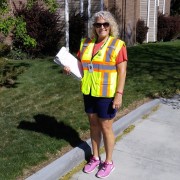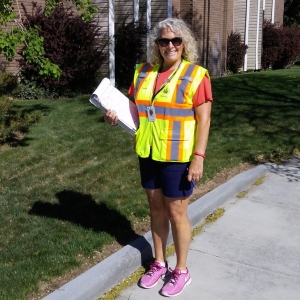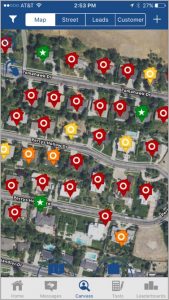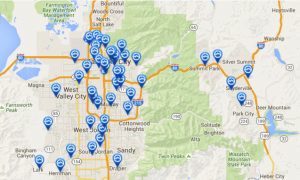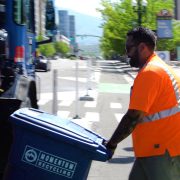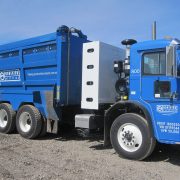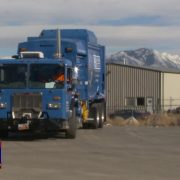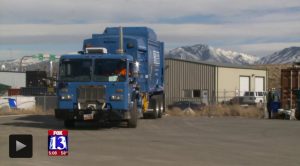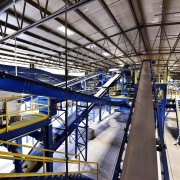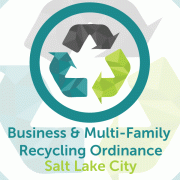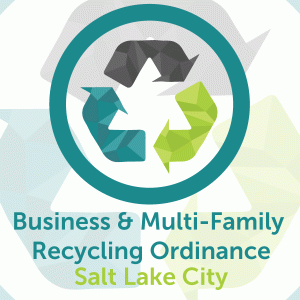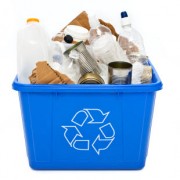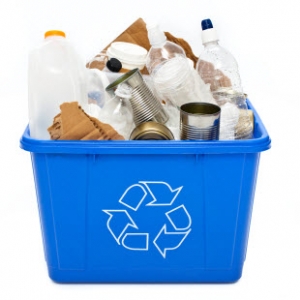Glass Recycling Begins In Pocatello
We are proud to announce a new partnership with the city of Pocatello, Idaho! Residents can now recycle their glass at 1 of 10 locations around the area. The glass collected will be transported to Momentum Recycling’s glass recycling facility in Salt Lake City to be processed.
Below is the full press release:
May 30, 2018
FOR IMMEDIATE RELEASE
CONTACT: Debbie Brady, Recycling Coordinator, at 208-234-6163
Glass Recycling Begins June 4 in Pocatello
Starting June 4, Pocatello residents will be able to recycle glass in the Gate City.
Recently, the City of Pocatello Sanitation Department partnered with Momentum Recycling. Under the agreement,
residents can drop off approved glass items at one of ten dumpsters placed around the community. City crews will
pick up the dumpsters and deposit the glass at a holding area. After that, Momentum will take the glass to their
facility in Salt Lake City.
“Glass recycling is one of the most requested services by residents,” said Debbie Brady, Recycling Coordinator with
the City of Pocatello Sanitation Department. “We’re thrilled to be able to offer this program to the community.”
“At Momentum Recycling, we are committed to diverting as much glass as possible from the waste stream and
seeing it recycled into new products,” said John Lair, President and Chief Executive Officer of Momentum
Recycling. “Our partnership with the City of Pocatello is very exciting, as hundreds of tons of glass each year will
now have a new life as useful consumer products.”
A list of approved items can be found at pocatello.us/DocumentCenter/View/4623. Porcelain, ceramics,
automotive, mirrors, and light bulbs will not be accepted. Residents are asked not to place glass items into their
blue, recycling autocarts. The locations with containers are:
Sister City Park Area – Pocatello Creek Road
Portneuf Wellness Complex/Fairgrounds – 2375 Olympus Drive
City Hall – 911 N. 7th Avenue
Ridley’s on Main – 911 N. Main Street
Albertson’s – 330 E. Benton Street
Union Pacific Railroad Parking Lot – Near the Old Town Bark Park
Idaho State University – Holt Arena Area
Costco – 305 W. Quinn Road
Western Recycling – 3034 Garret Way
Bannock County Landfill – 1500 N Fort Hall Mine Road
Officials estimate that 240 tons of glass will be kept out of the landfill each year. Recycled glass can be used for
making fiberglass insulation, bottles, bricks, and sandblast media.
The City is holding a ribbon cutting with the Pocatello Chiefs Monday, June 4 at 11 a.m. in the Pocatello City Hall
parking lot to officially kick off the glass recycling program.
For more information on the City of Pocatello Sanitation Department, visit pocatello.us/sanitation.
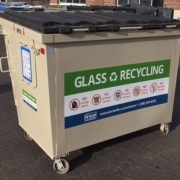
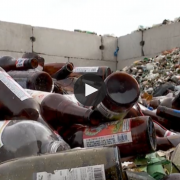
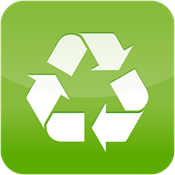


 iRecycle
iRecycle Dropcountr
Dropcountr PaperKarma
PaperKarma Oroeco
Oroeco #climate
#climate